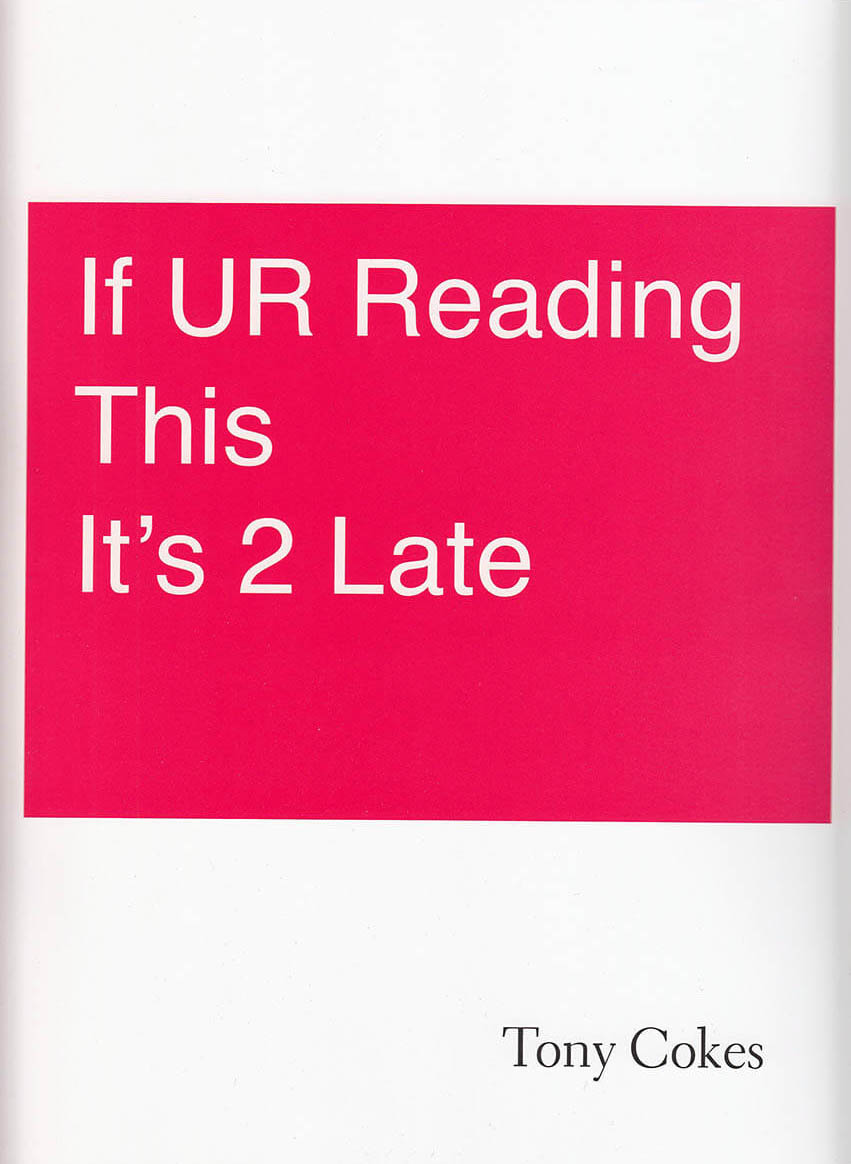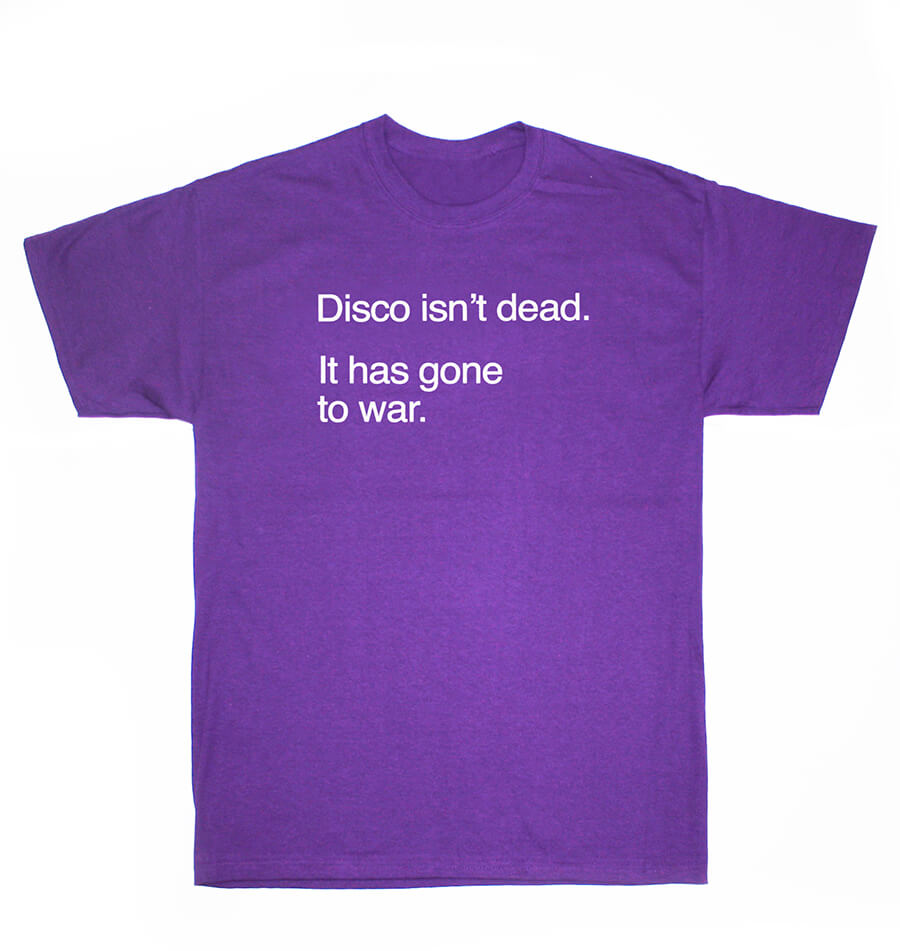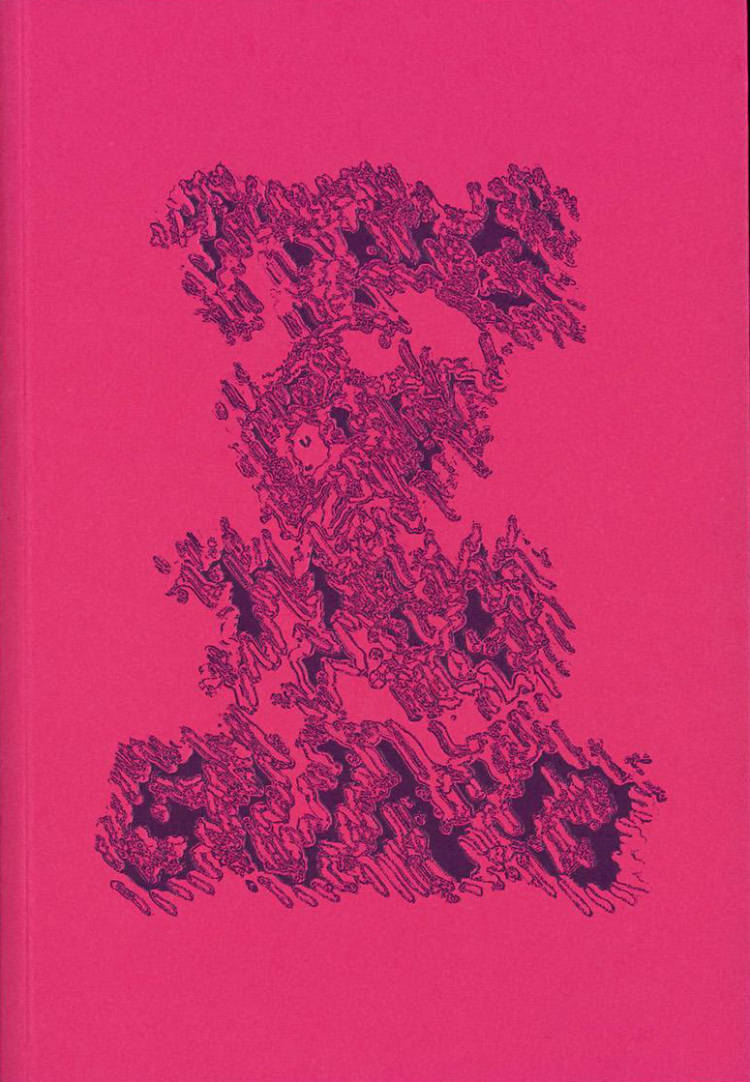
Fragments, or just Moments
For more than three decades, Tony Cokes (b. 1956, Richmond, USA; lives and works in Providence, USA) has been exploring in his work the ideology and affect politics of media and popular culture as well as their social impact. Starting from a fundamental critique of the representation and visual commodification of African-American communities in film, television, advertising, and music videos, Cokes has developed a unique form of video essay that radically rejects representational imagery. These fast-paced works consist of found text and sound material from diverse sources such as critical theory, online journalism, literature, and popular music.
The US artist’s first institutional solo exhibition in Germany also marks the first comprehensive collaboration between Kunstverein München and Haus der Kunst. The thematic starting point for Cokes’s new productions is the ideological and propagandistic entanglements of both exhibition venues during the Nazi era as well as their cultural-political role in the context of the 20th Olympic Games in Munich in 1972.
The publication Fragments, or just Moments accompanies the eponymous exhibition and translates stills from the newly produced video essays into a book format while examining the significance of Cokes’s work in terms of a contemporary approach to institutional critique. The essays are written by Tina M. Campt and Tom Holert, with an introduction by Emma Enderby and Elena Setzer (Haus der Kunst) as well as Maurin Dietrich, Gloria Hasnay, and Gina Merz (Kunstverein München).




.jpg)


